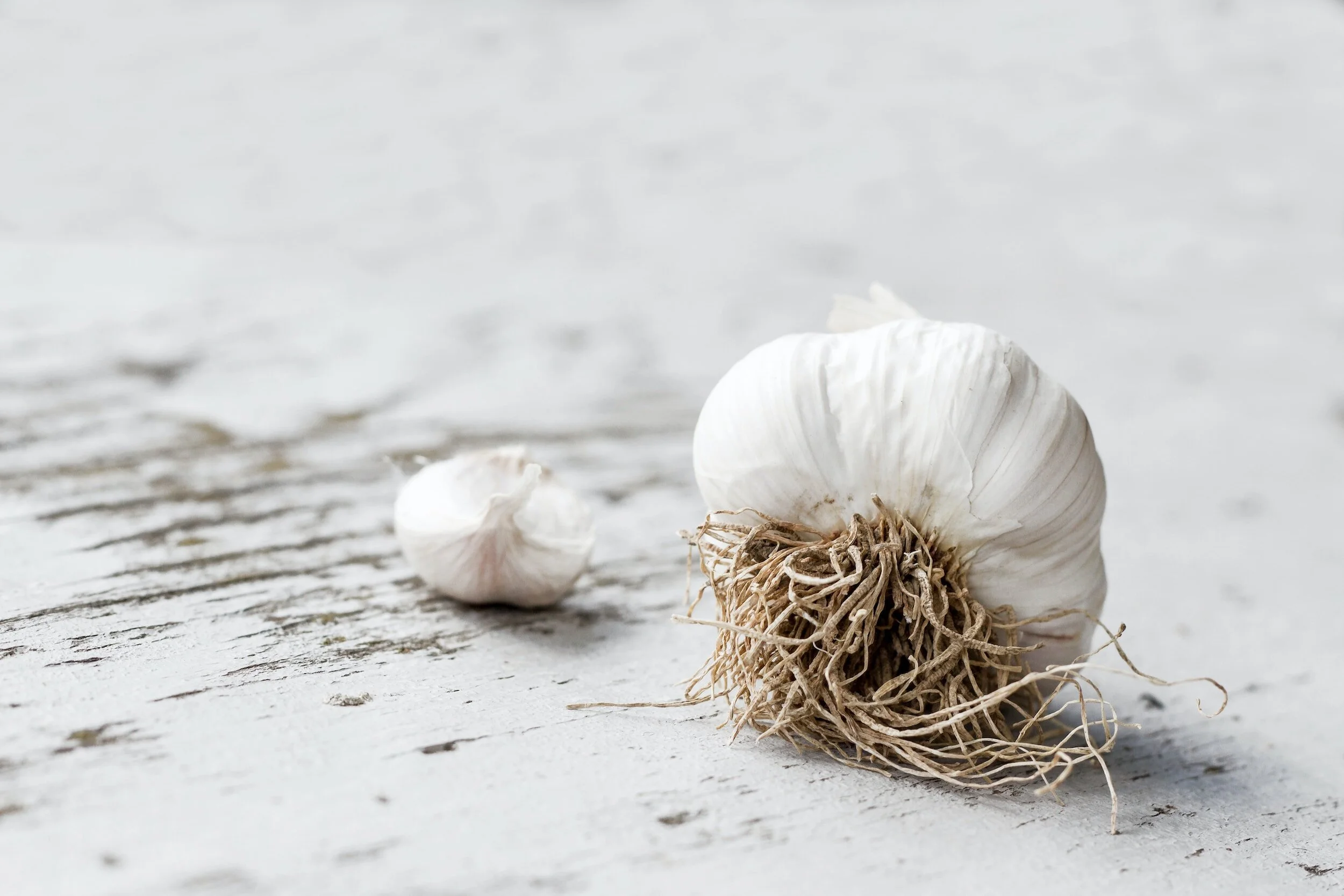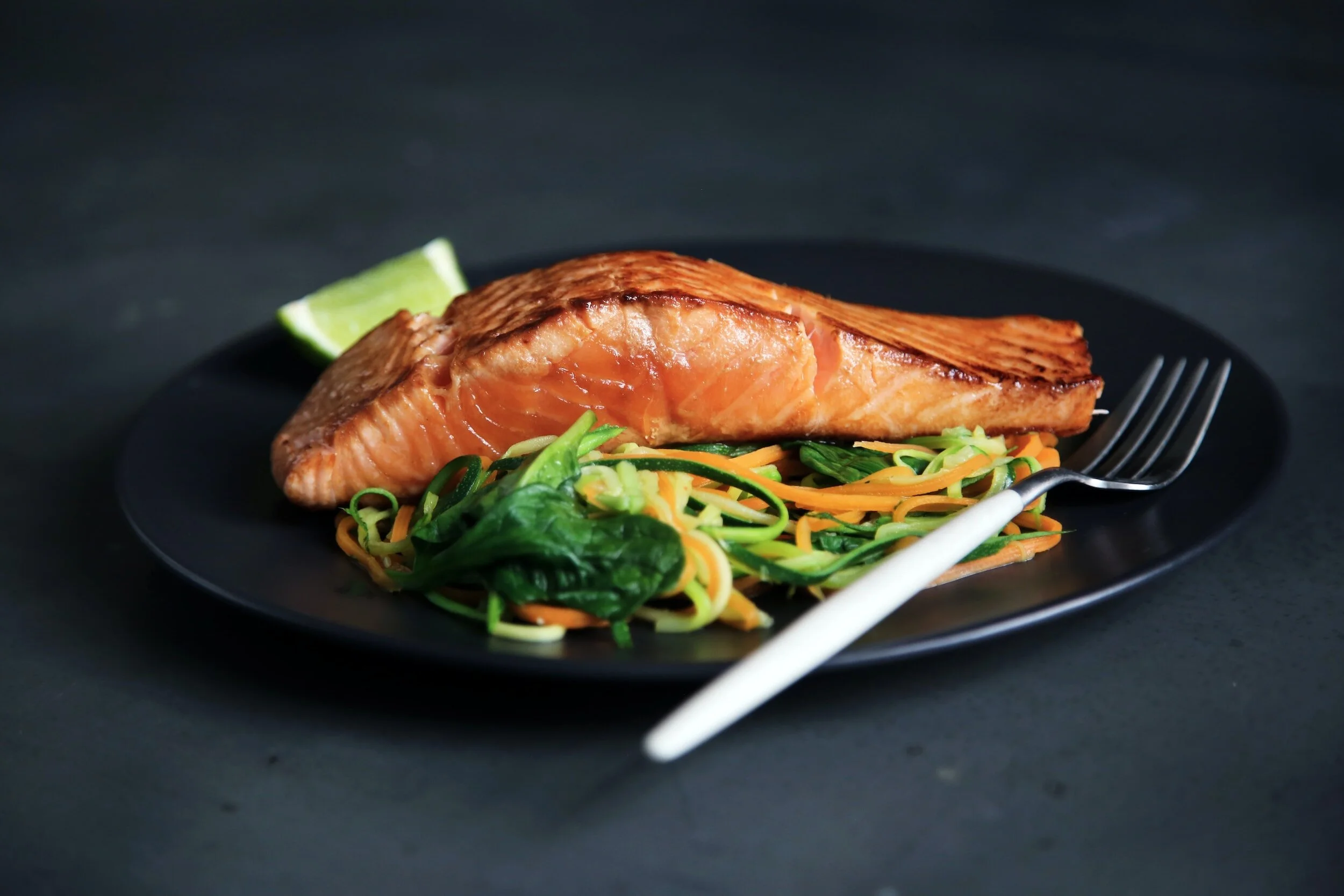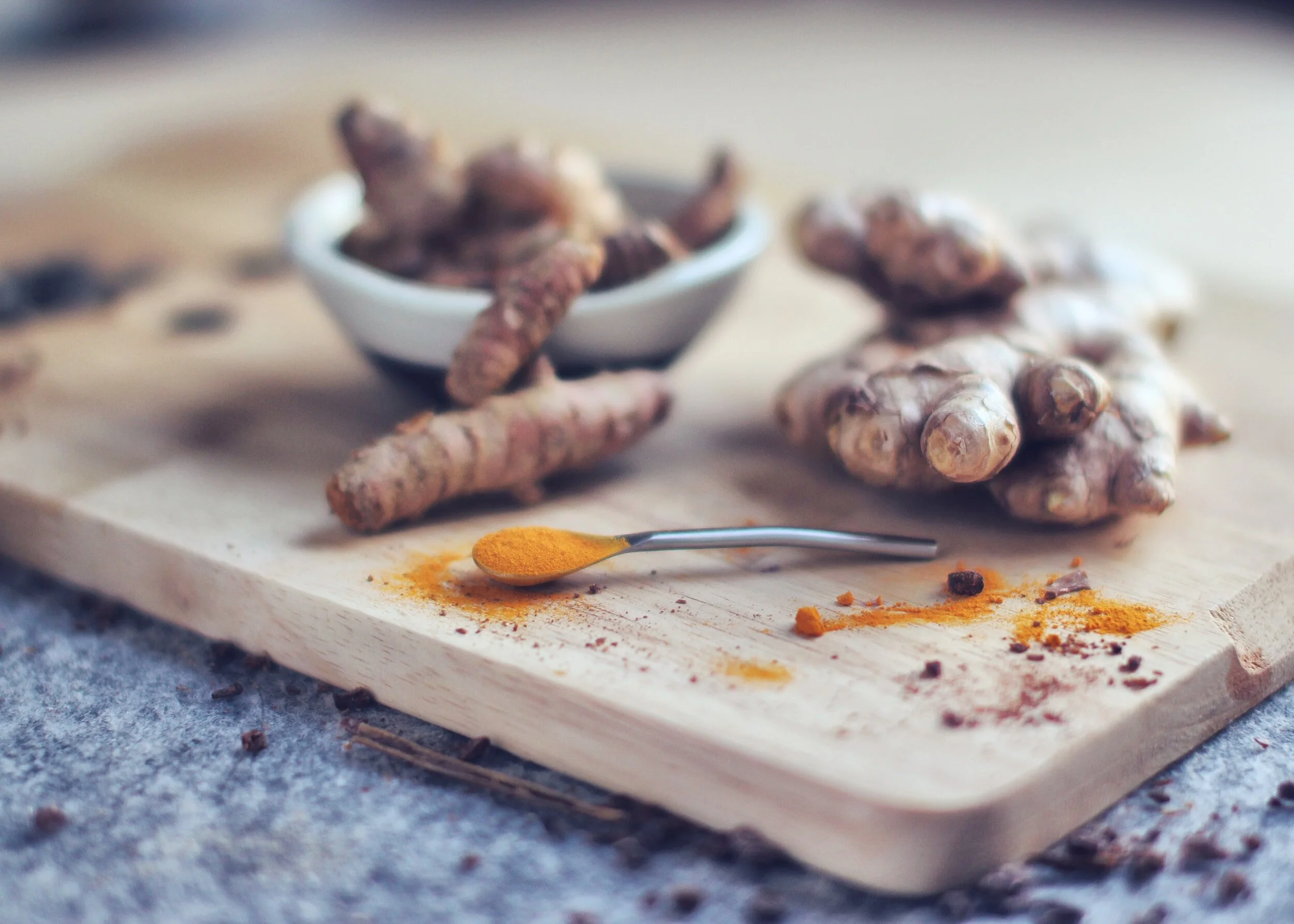The Five Most Important Nutrients for Gut Health
A painful gut is not normal.
That’s the first thing I tell my clients when they come to me dealing with stomach troubles. While symptoms of bloating, constipation, IBS, SIBO, diarrhea, and more may seem commonplace, they are treatable — with the right nutrients for gut health and proper care.
Through a process of advanced testing, education, and nutrition, a program like my Digestive Repair Plan can help you navigate food intolerances and gastrointestinal struggles. But small changes to your diet can make a difference too.
Simply understanding how your nutrition is working for you can go a long way towards healing your gut.
Understanding Gut Health
Think of your gut as the steam engine that powers your body. It’s what keeps the whole place running, and if you fuel it with the wrong stuff … production stalls.
In other words: bad gut, bad day.
Our digestive tracks are lined with trillions of species of microorganisms knows as our microbiome. These microscopic residents of our intestines play a crucial role in breaking down our food, synthesizing nutrients, and acting as the first line of defense for our immune system. The beneficial bacteria in our gut are what protect us against the toxins and pathogens that enter our bodies.
When we nourish our bodies with the right foods, we allow for the healthy and diverse ecosystem that makes up our microbiome. But if we don’t, our bodies will go without the right nutrients, making it far more difficult for our systems to carry out their jobs at a cellular level.
Research continues to show that our gut health goes far beyond our digestive system but has a direct effect on our overall physical and mental wellbeing. A troubled gut has been linked with conditions ranging from autoimmune diseases to mood disorders, even cancer.
All of which is to underscore the profound impact that mindful eating can have on our lives.
Best Foods for a Healthy Gut
1. Fermented Foods
When it comes to protecting your gut, few allies are more effective than fermented foods, which are stuffed full of probiotics — a.k.a. the good bacteria.
Eating probiotic-rich foods like yogurt and kimchi can help replenish and maintain the microbiome lining that works to keep your whole body happy and healthy. They can have a direct effect in soothing common discomforts such as bloating, gas, and irregular bowel movements.
Examples:
Yogurt
Kimchi
Tempeh
Pickled vegetables
Apple cider vinegar
Kefir
Sauerkraut
Pickles
Miso
2. High-Fiber Foods
The unsung heroes of our gut health, high-fiber foods play a critical role increasing our microbiome diversity. Fermented and broken down by our gut microbiota, fiber produces substances called short-chain fatty acids (SCFA) that can help prevent inflammation, cancer, diabetes, heart disease, and more.
Fiber-rich foods can also help soften stool, easing symptoms of constipation, and fill you up faster, leading to healthy weight loss.
And the best part is that if you introduce enough fiber into your diet, you can quickly add to the diversity of your microbiota, allowing for you to see benefits in a just a few of weeks.
Examples:
Beans
Lentils
Green peas
Broccoli
Chia seeds
Pears
Oats
Avocados
3. Prebiotic-Rich Foods
While we need food to fuel ourselves, our gut needs prebiotics to fuel the trillions of species of bacteria that make up our microbiome.
Prebiotics are non-digestible fibers. Unlike probiotics, which are bacteria, prebiotics serve as nourishment for the beneficial bacteria already living in your gut. That is why it is important to eat a wide array of prebiotic-rich foods so that you can ensure a varied menu for the diverse ecosystem of bacteria living in your digestive system.
Examples:
Onions
Garlic
Dandelion greens
Leeks
Asparagus
Chicory root
4. Omega-3 Fatty Acids
Omega-3 fatty acids are best known for their anti-inflammatory properties, soothing the gut lining and preserving the structural integrity of the intestinal walls. This helps safeguard the gut against permeability issues that could lead to unwanted substances entering the bloodstream.
Often associated with fish oil, the two aren’t exactly the same thing, but that doesn’t mean fish oil isn’t a defender of your gut as well. Fish oil is made up of two of the three omega-3 fatty acids (EPA and DHA), but you’ll need to find other (non-fish) sources to find the third, ALA.
Examples
Salmon
Mackerel
Sardines
Olive oil
Chia seeds
Nuts and seeds
Avocado
Coconut oil
5. Ginger
Well known for its ability to help calm an upset stomach or nausea, ginger’s impact on the gut has been celebrated for centuries. Containing active compounds like gingerol and shogaol, this spice eases inflammation within the gastrointestinal tract, making it a balm for an irritated gut.
By simply steeping ginger into your tea, grating it over stir fries, or adding it to smoothies, you can help reduce fermentation in the gut and ease gas, bloating, and constipation.
Learn More with My Digestive Repair Plan
If you’re looking to heal your gut and would like some one-on-one guidance, consider my Digestive Repair Plan. We’ll start with two one-hour consultations to discuss your current diet, the results of a food intolerance test, and potential diet and lifestyle changes. After that, I’ll craft a six-week nutrition program that’ll walk you through every step of the process, including daily meal plans, nutritional recommendations, and recipes!
Reach out today for a free 20-minute consultation to get you on the path towards feeling great!









